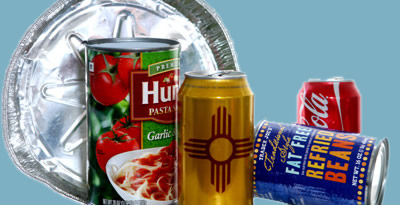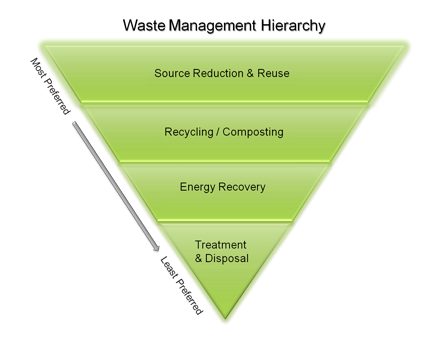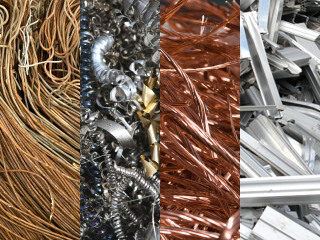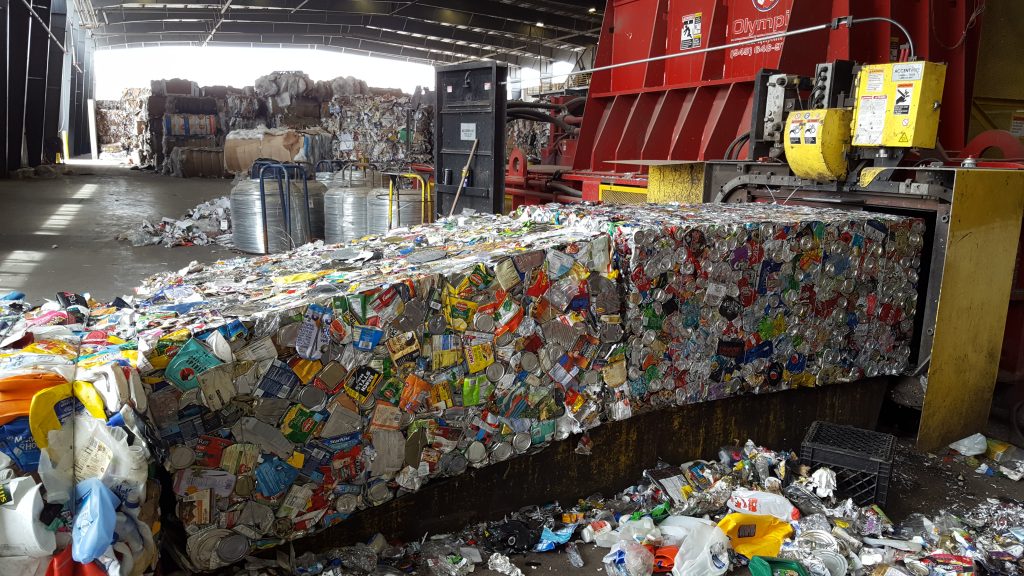
EPA
Metals are elements that naturally occur in ore (rocks). These ores are extracted through mining and then refined to extract the valuable elements. It takes an incredible amount of energy and resources to extract these elements.
So when we recycle metal, we not only preserve natural resources, but we save energy too! For example, recycling aluminum involves melting the scrap, a process that requires only 5% of the energy used to produce virgin aluminum from ore.
According to research conducted by the US Environmental Protection Agency, recycling scrap metals can be quite beneficial to the environment.
Using recycled scrap metal in place of virgin iron ore can yield:
- 75% savings in energy
- 90% savings in raw materials used
- 86% reduction in air pollution
- 40% reduction in water use
- 76% reduction in water pollution
- 97% reduction in mining wastes
Every ton of new steel made from scrap steel saves:
- 2,500 lbs of iron ore
- 1,400 lbs of coal
- 115 lbs of limestone
What metals can I recycle in Santa Fe?
Almost all metals are recyclable; it just depends on where you recycle it. Food or beverage metals are usually generated at home or work and consist of soda cans, canned food containers, and aluminum foil. Scrap metals are items like cooking pans, water heaters, or an old metal shed. For more information on bulky scrap metals, please see the Large Appliances section. Bulky metals are banned from our landfill.
Ferrous Metals mostly contain Iron. They have small amounts of other metals or elements added, to give the required properties.
Ferrous Metals are magnetic and give little resistance to corrosion. Some examples of the ferrous metals are vehicle scrap metal, demolition site scrap metal, and metal offcuts from manufacturing industries.
Remember, please give a quick rinse to metals that contained food so it does not contaminate other recyclables.

- aluminum cans
- steel/tin cans
- aluminum foil

- Aluminum
- Brass and Bronze
- Cast Iron
- Copper
- Steel
- Tin

Capital Scrap Metals Inc. – all metals
1162 Cooks Lane, Santa Fe
(505) 471-0740
City Curbside Recycling – food or beverage metals ONLY
County Transfer Stations – all metals
Mr. G’s Recycling – all metals
7625 Baca Ln, Santa Fe
(505) 474-6969
Which metals are not recyclable?
Any object containing Mercury or Lead must be disposed of differently and cannot go in a recycling bin. Mercury is most commonly found in a thermometer or Compact Fluorescent Light bulb (CFL). For more information, visit the Florescent Lights & Mercury section.
Lead can be found in Cathode Ray Tubes (CRT’s) like old televisions and computer monitors. For information on disposal, visit the TVs & Computer Monitor section.



